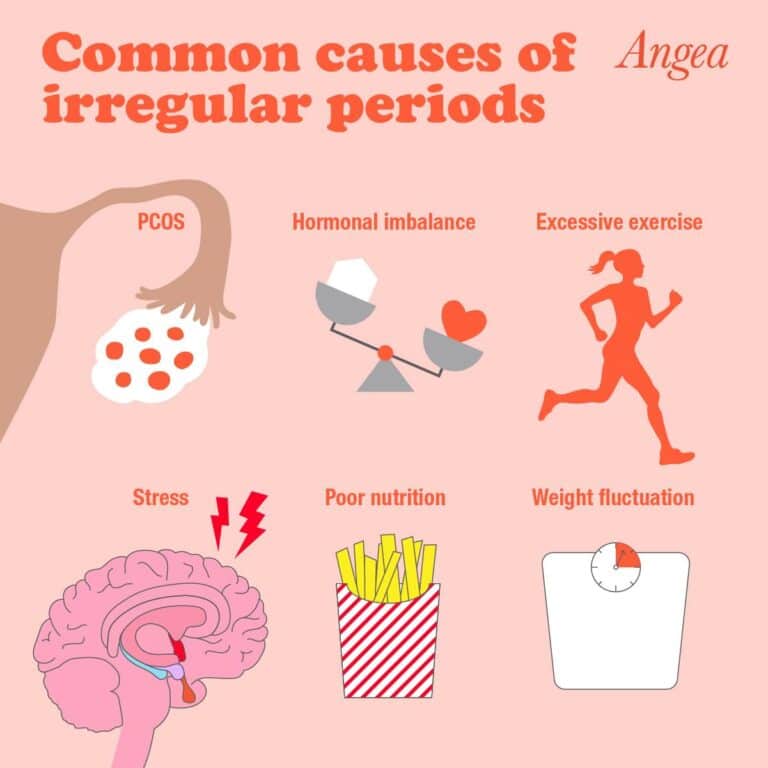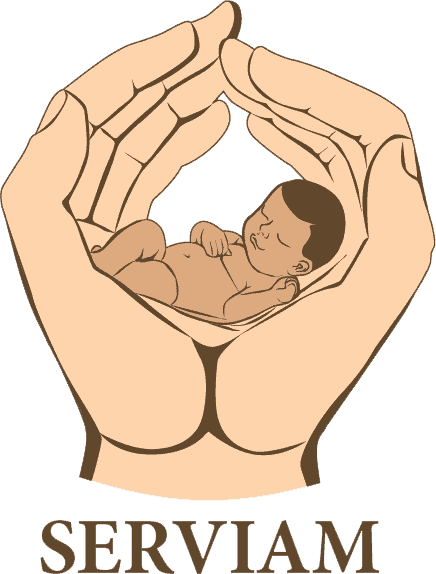Irregular Periods: What Are the Types and Causes? Learn more with serviam
Every woman is different and changes in your cycle can be surprising at times. The length of a menstrual cycle varies from woman to woman based on a variety of health and lifestyle factors. According to UK statistics, the average menstrual cycle can range from 21 to 35 days in length. An irregular period is when the duration of your cycle occurs outside this range. Various problems and circumstances can result in an irregular period. In this post, we will discuss the types and potential causes.
Types of Irregular Periods
The most common types of irregular menstruation include:
1. Amenorrhea– This is the absence of menstrual periods and can be categorized into two types. Primary amenorrhea is when there is no period by age 15. Secondary amenorrhea occurs when there is an absence of periods for 3 months or more with regular cycles OR 6 months with irregular cycles.
Potential Causes:
- Natural factors– During the normal course of your life, you can stop menstruating for natural reasons such as pregnancy, menopause and breastfeeding.
- Contraceptives– Birth control pills may cause the absence of a period due to its effect on ovulation. Injectable contraceptives or implanted devices may also cause amenorrhea.
- Lifestyle factors– Low or excessive body weight, stress and excessive exercise can contribute to amenorrhea due to its effect on hormonal changes.
- Hormonal Imbalances– These include medical problems that manipulate your hormones such as polycystic ovary syndrome (PCOS), thyroid malfunction and premature menopause.
2. Oligomenorrhea- This is where menstrual periods are infrequent or unusually light and occur more than 35 days apart. It is important to note that this type of irregularity is common and is not necessarily a sign of major concern.
Potential Causes:
- Lifestyle changes-Stress due to relationships or jobs, excessive weight loss or weight gain can cause your periods to become erratic. Oestrogen is a key hormone for regulating menstruation and is found in body fat. Having more or less body fat will therefore affect your oestrogen levels and manipulate your cycle.
- Certain medications– These may include contraceptives and anti-anxiety medications.
- Underlying health conditions– These may include thyroid disorders, PCOS and primary ovarian insufficiency amongst others.
3. Heavy Menstrual Bleeding– This is where menstrual bleeding lasts more than 7 days. This type of irregularity is categorized by heavy bleeding, passing large clots and the frequent need to change your pad or tampon. Heavy menstrual flow can leave you feeling fatigued and limit your daily activities.
Potential Causes:
- Hormonal Imbalance– In a typical cycle, there is a balance between the hormones oestrogen and progesterone which controls the thickness of the lining of the uterus. When these hormones are out of balance, the lining can become too thick which results in heavy menstrual bleeding.
- Uterine fibroids– These are benign tumours that develop during childbearing years and can cause heavy or prolonged menstrual bleeding.
- Polyps– These are small non-cancerous growths on the lining of the uterus that may cause inter-menstrual bleeding, spotting or bleeding after menopause.
- Adenomyosis-This is a condition whereby the lining of the uterus grows into the wall of the uterus itself. This can result in painful, heavy menstrual bleeding.
4. Dysmenorrhoea– This refers to throbbing pain associated with menstruation. According to US studies, more than half of menstruating women experience pain for at least 1 to 2 days each month. For some women, the pain associated with menstruation is so intense that it prevents them from doing their daily activities. Other symptoms such as nausea and diarrhoea are common when experiencing dysmenorrhoea.
Potential Causes:
- Health conditions– These may include conditions such as endometriosis and adenomyosis.
- Uterine Fibroids
- Congenital Conditions – Certain conditions you are born with affect the reproductive system may cause painful menstruation.

Image source: angea.com
Contact Serviam to make an appointment to visit our clinic in San Fernando Trinidad for services from our team specializing in: OBGYN, Paediatrics, General Surgery, Urology, Dietetics, Medico-Legal Services and more.
